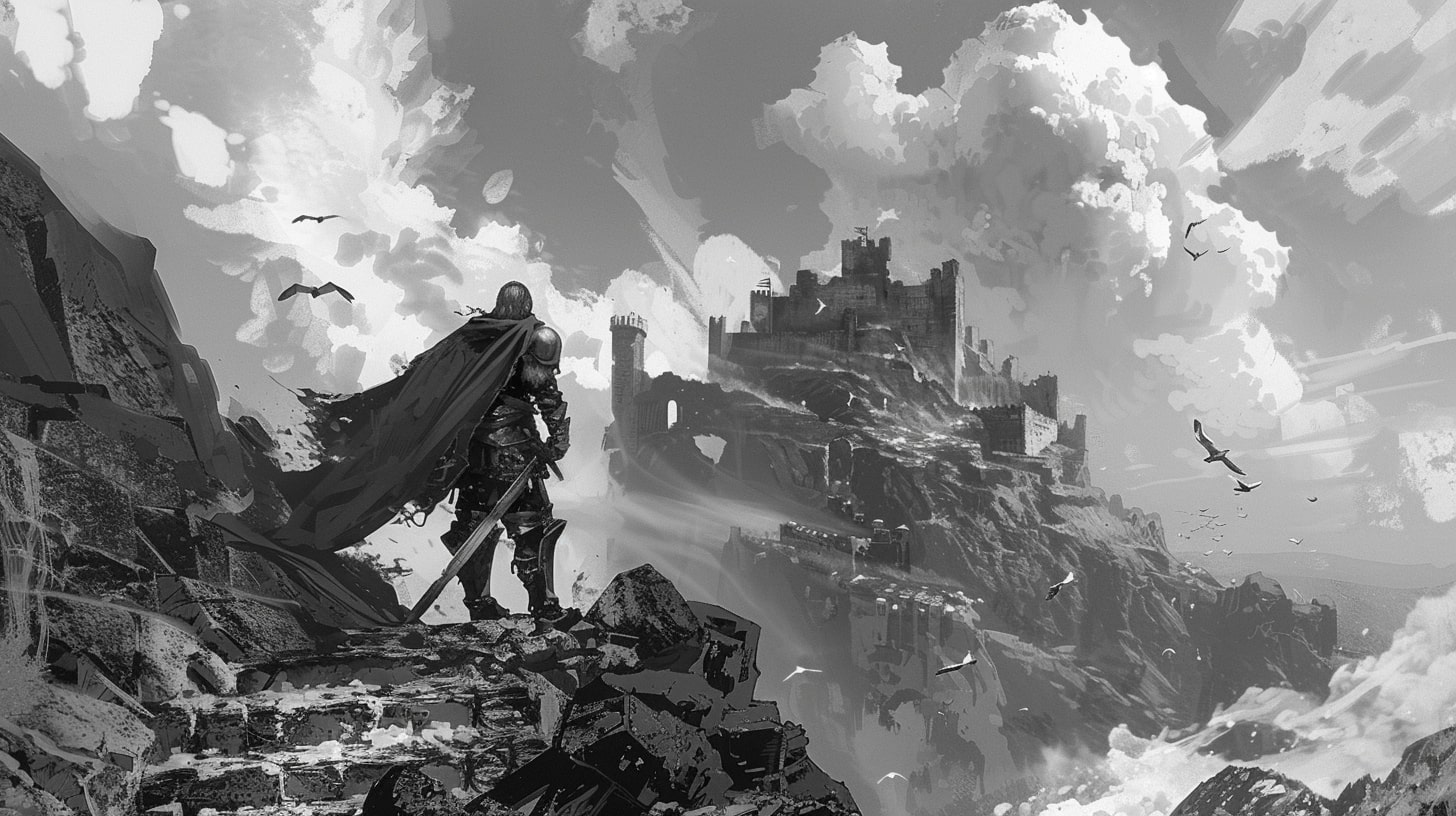
13 Best Worldbuilding Tips That Actually Work (Instead of Making You Want to Quit)
Discover 13 practical worldbuilding tips for beginners that actually work. Learn to create immersive worlds without gett...
Join our community of writers and start your creative journey today.
Join our community of writers and start your creative journey today.
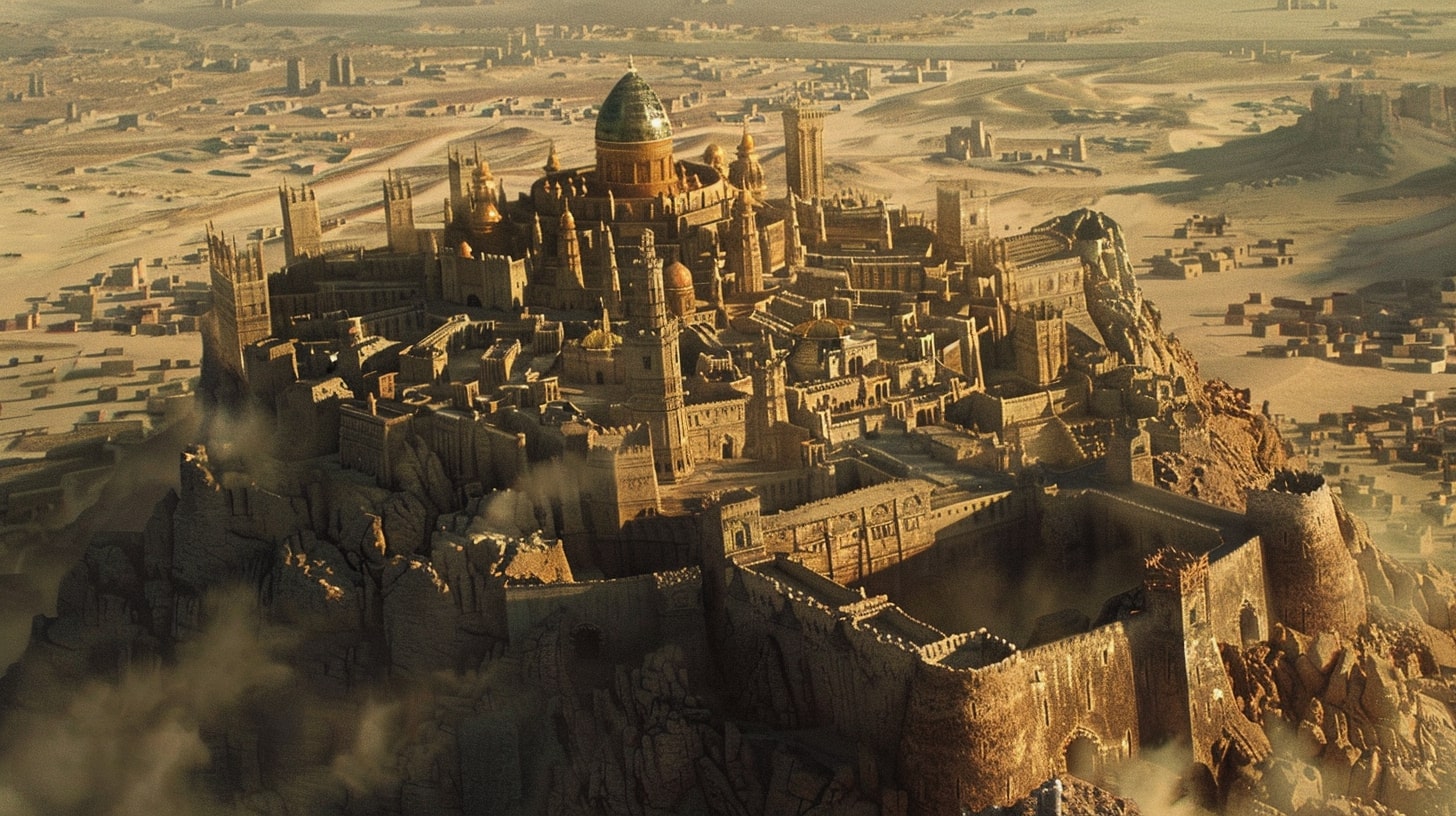

A comprehensive platform for writers to craft, organize, and develop rich, immersive fictional worlds.
Powerful tools designed specifically for worldbuilders and storytellers
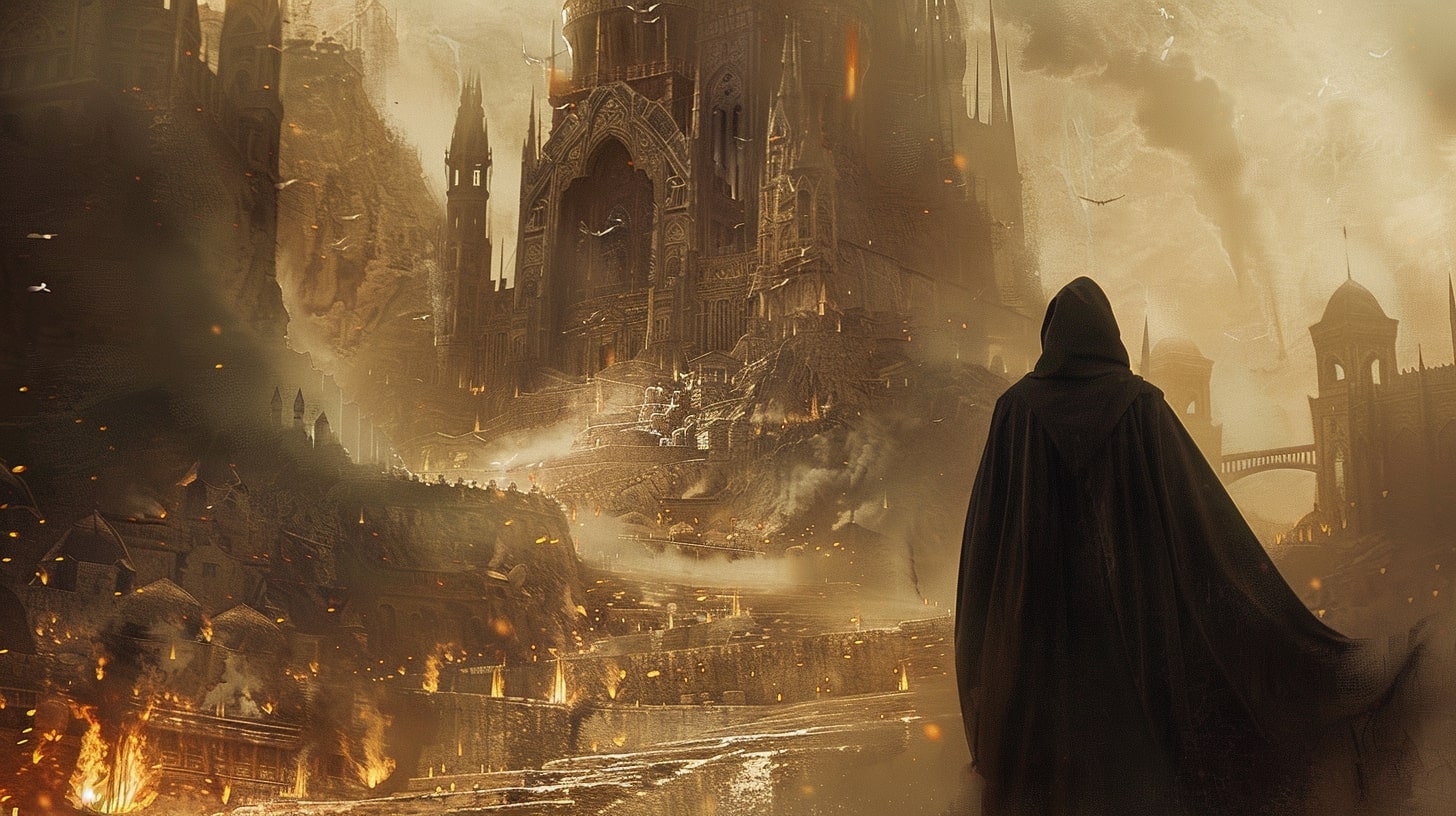
Create and organize detailed notes about your world's lore, characters, locations, and history.
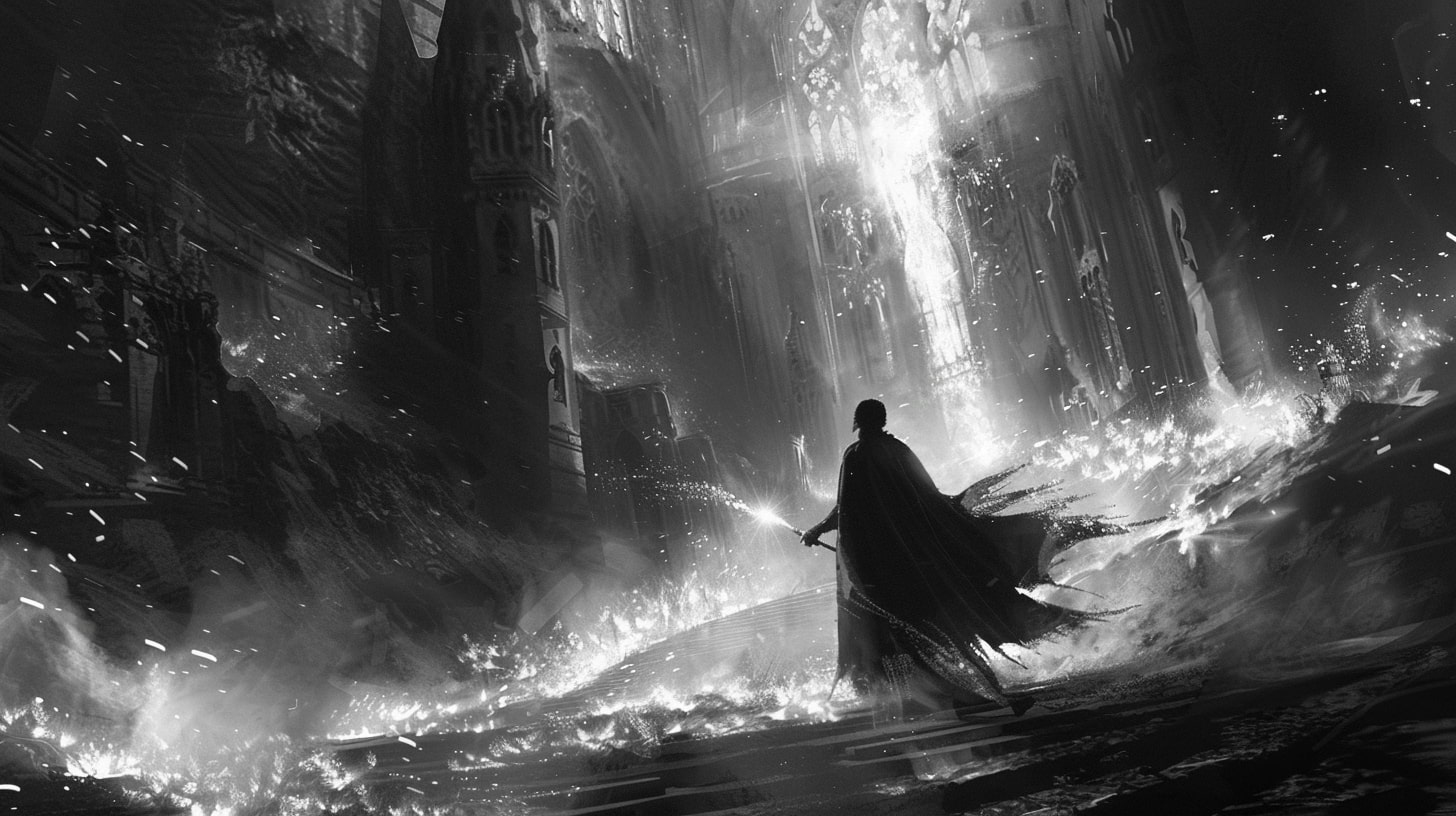
Manage multiple stories and writing projects with integrated worldbuilding references.
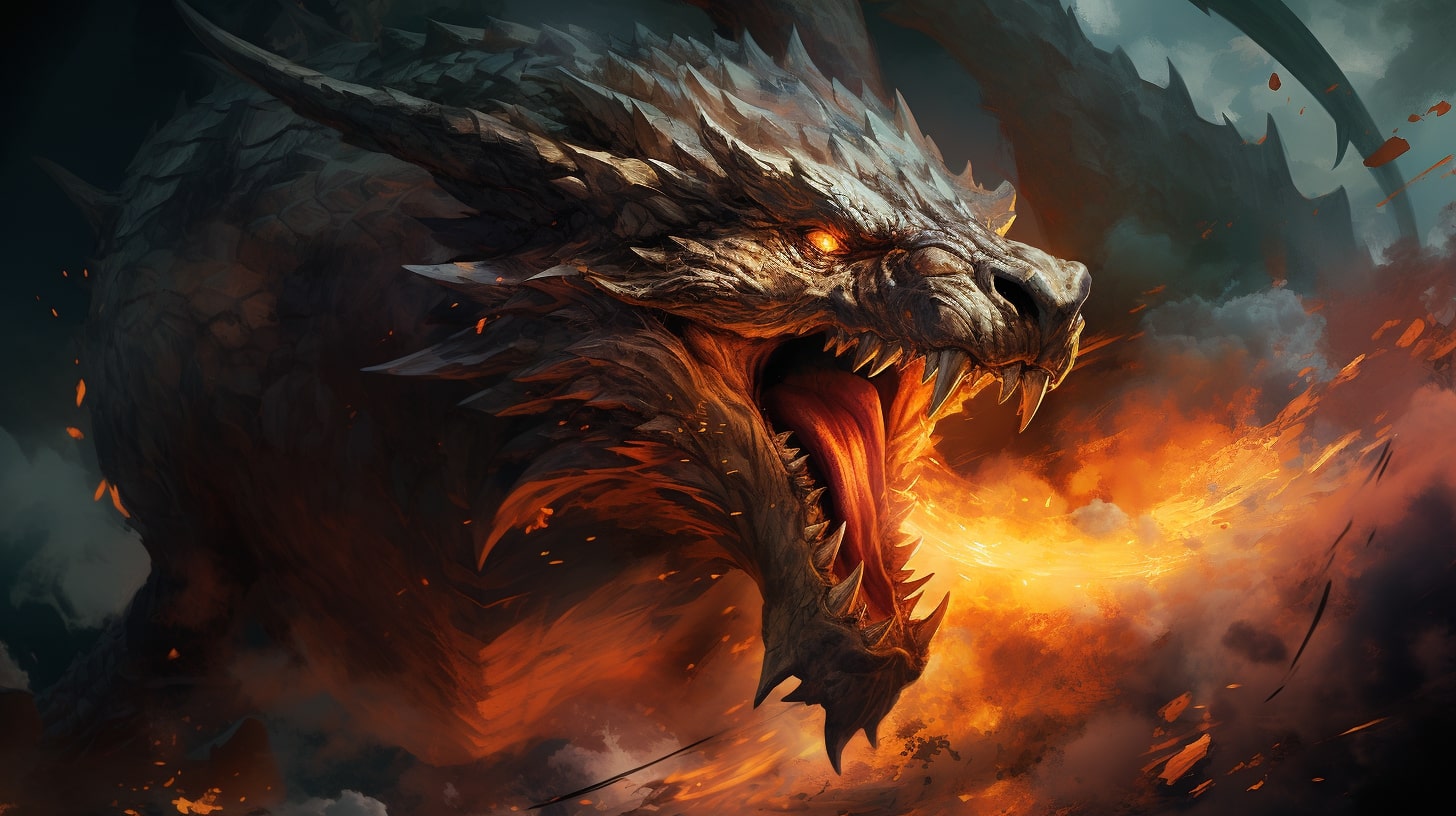
Join daily prompts and challenges to develop your world and maintain writing momentum.
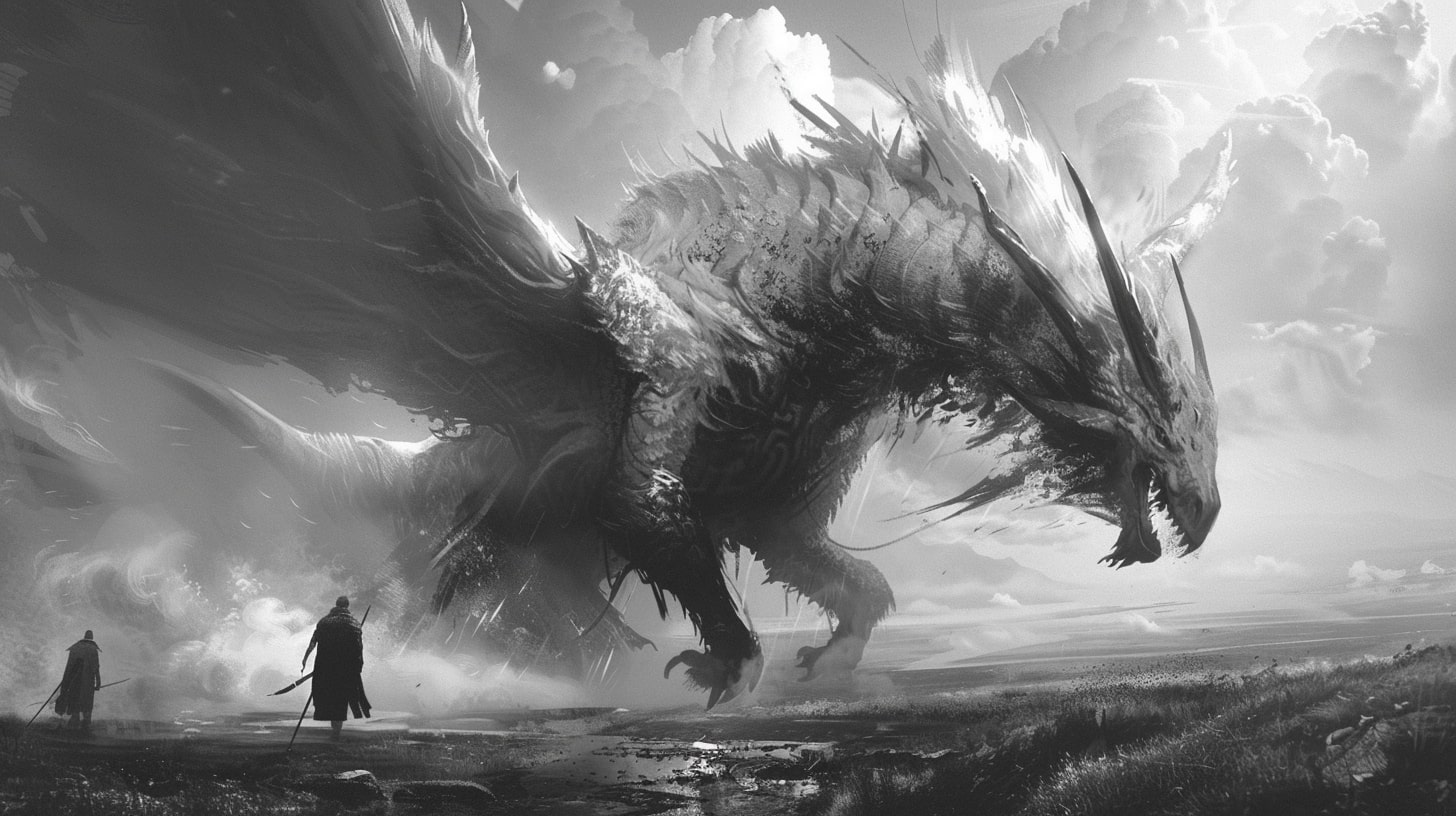
Connect with fellow worldbuilders, share snippets, and participate in word wars.
Learn from guides, tutorials, and insights on building immersive worlds
Fresh insights and tutorials for worldbuilders

Discover 13 practical worldbuilding tips for beginners that actually work. Learn to create immersive worlds without gett...
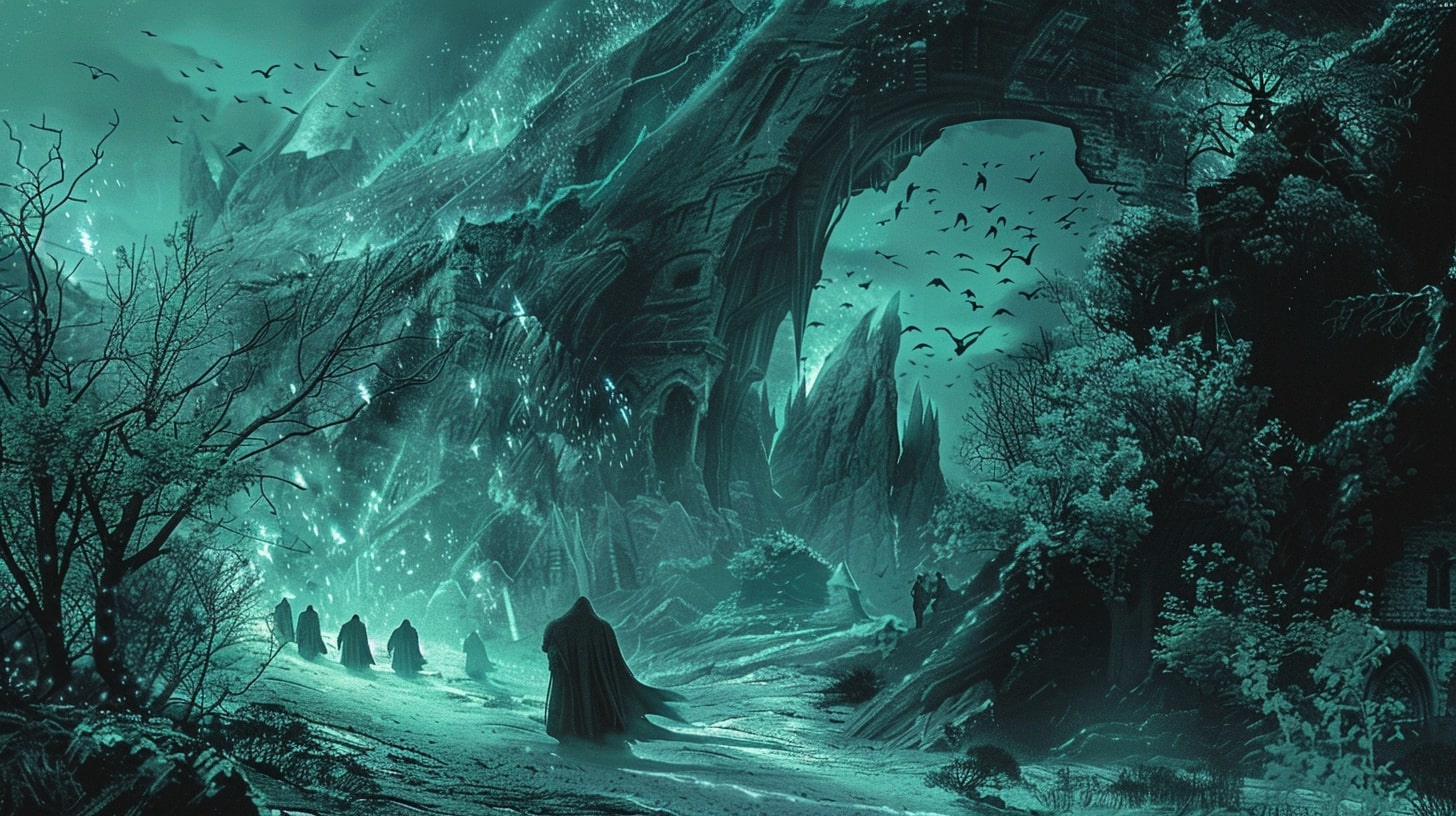
Master iceberg worldbuilding with the 90/10 rule. Learn why hiding most of your world creates deeper immersion than expl...
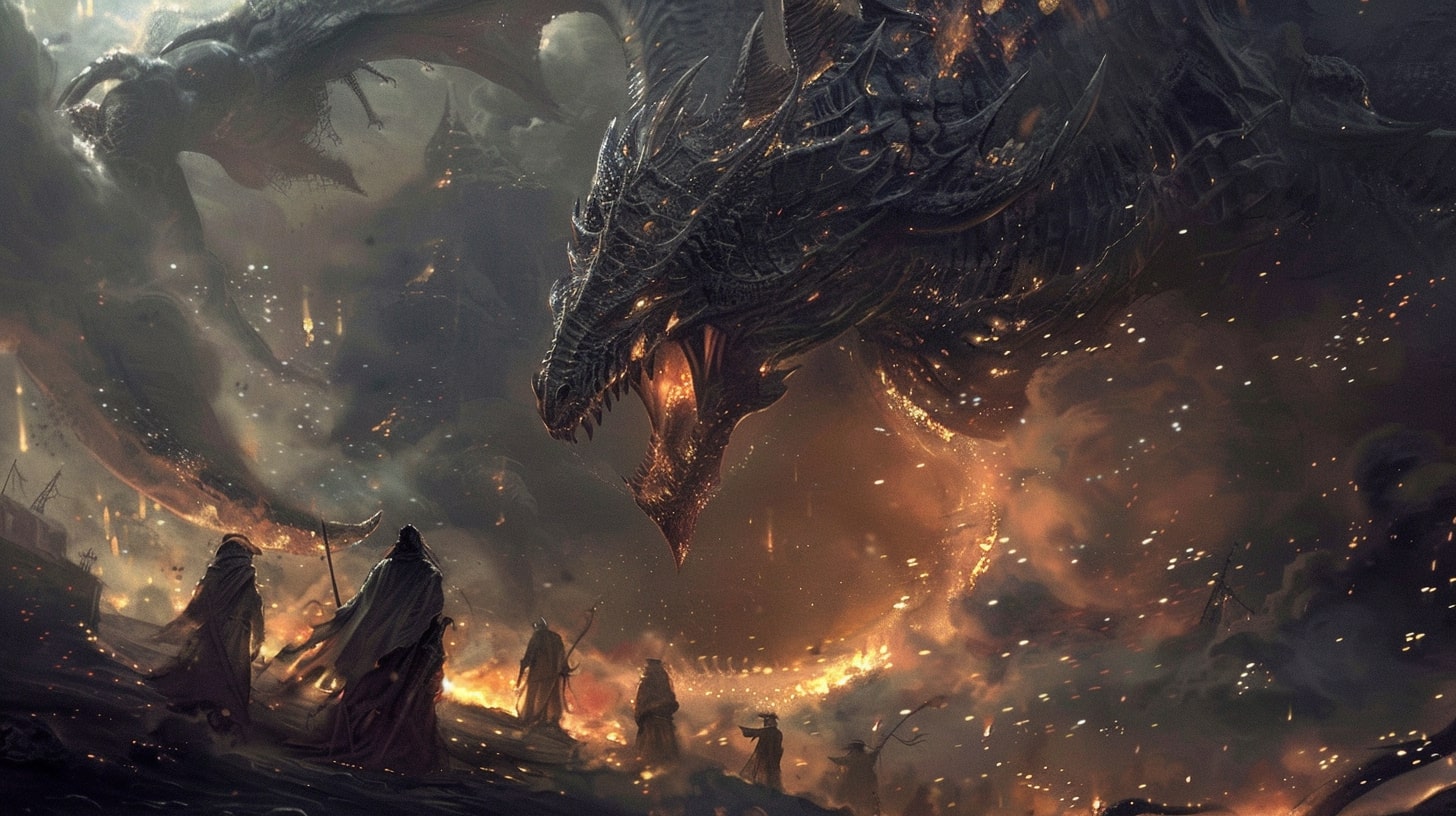
Master hard worldbuilding with proven frameworks. Build consistent fictional worlds that support compelling stories with...
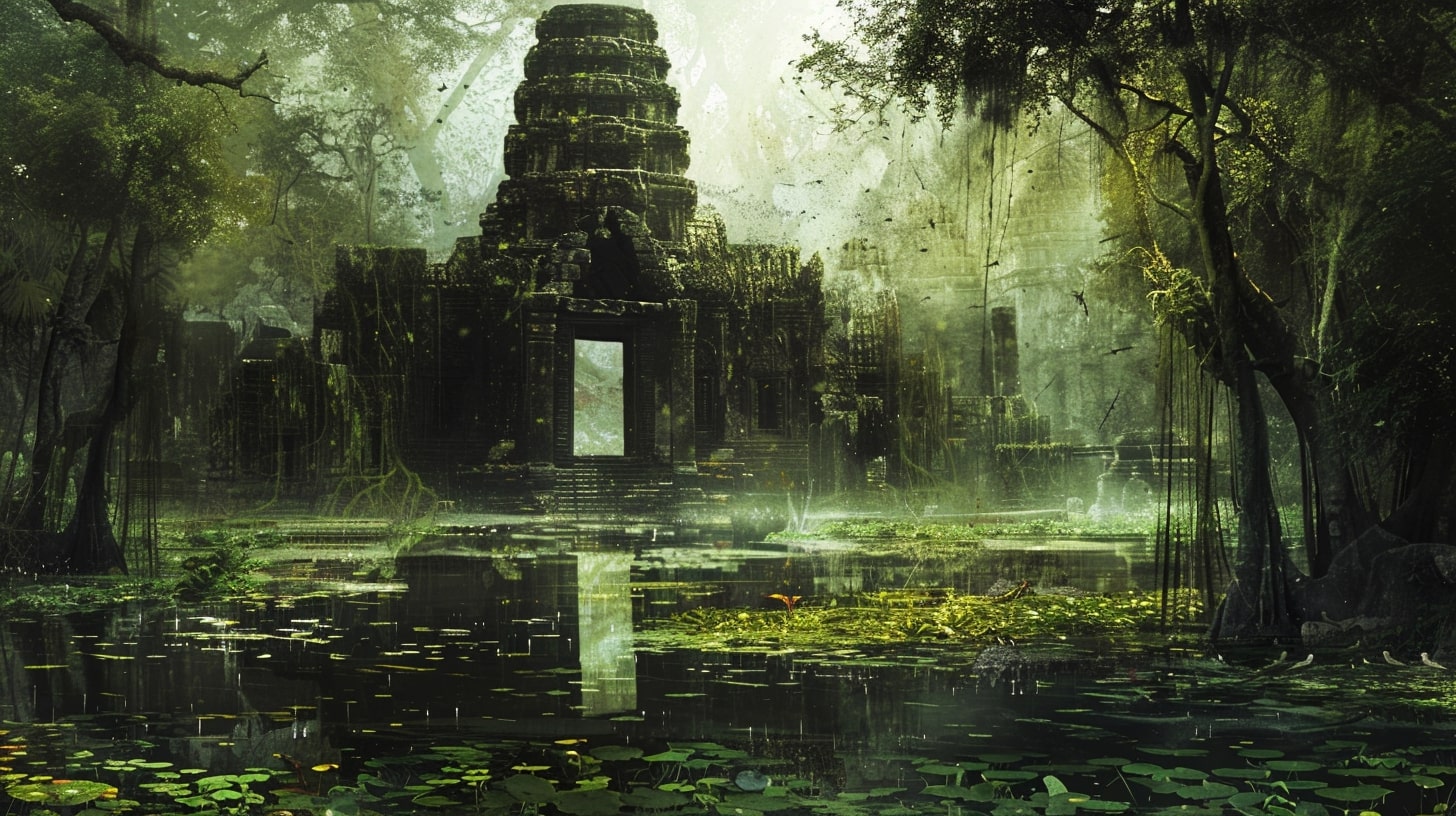
Discover why soft worldbuilding often works better than detailed exposition. Learn 7 techniques to create immersive worl...
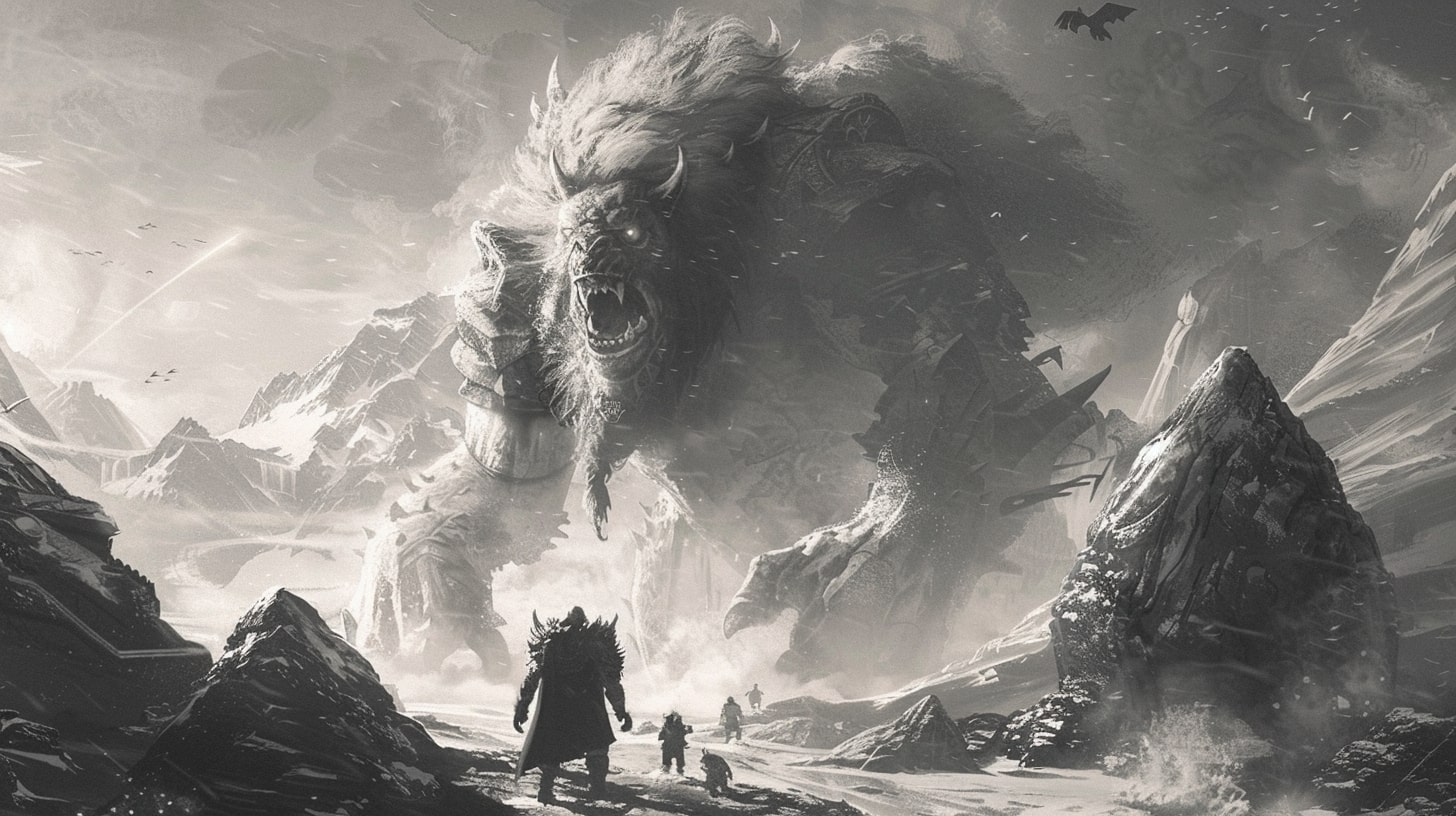
Master obsidian worldbuilding with our complete guide. Build interconnected fictional worlds using proven templates, wor...
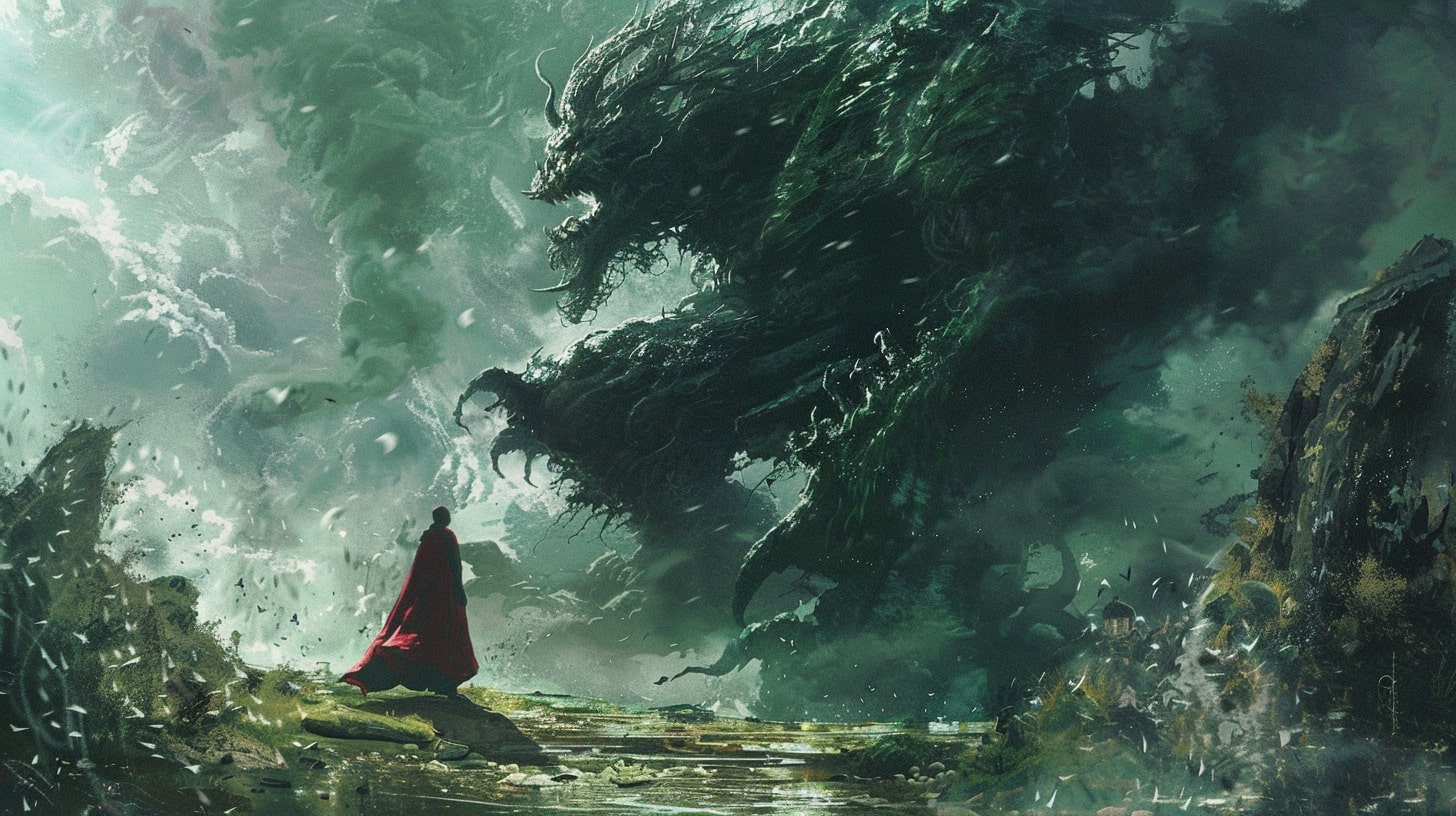
Discover how to craft a music-based magic system in your writing and enchant your readers with rhythmic spells!

Join thousands of writers and worldbuilders creating rich, immersive fictional universes.